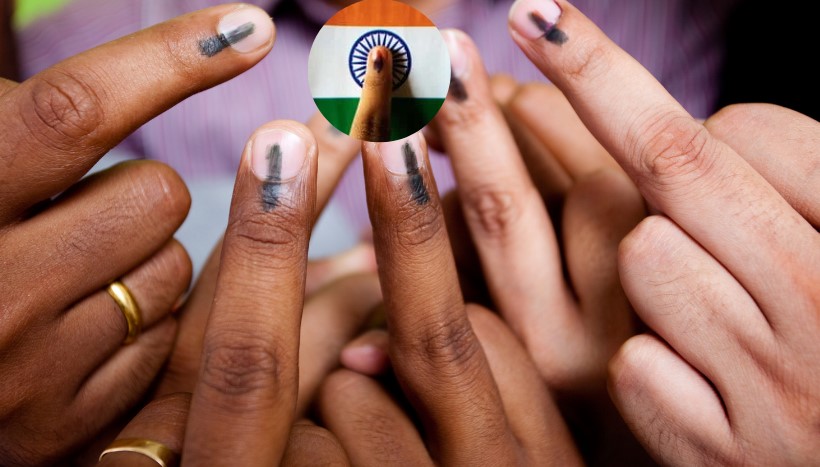September 18, 2024: New Delhi: The Union Cabinet has officially endorsed the government’s ambitious ‘One Nation, One Election’ initiative, which aims to synchronize Lok Sabha and Assembly elections along with urban body and panchayat polls. This landmark decision follows the recommendations of a panel led by former President Ram Nath Kovind and signals a shift towards a more streamlined electoral process in India.
The panel, which included influential figures like Home Minister Amit Shah and Law Minister Arjun Ram Meghwal, expressed unanimous support for implementing simultaneous elections starting from 2029. This move is expected to optimize resources and transform governance, as articulated by the high-profile panel. It has garnered backing from 32 political parties and esteemed judicial figures, asserting that unified elections would foster greater economic stability and efficiency.
However, this proposal is not without its critics. The opposition has raised concerns regarding potential constitutional amendments required for its implementation. The BJP-led government, while holding a simple majority, still lacks the two-thirds majority necessary to amend the Constitution in at least six places. This limitation underscores the challenges ahead, as the proposal will also need ratification from all states and Union Territories.
One Nation, One Election: Diverse Reactions Emerge
While proponents believe that simultaneous elections could streamline the electoral process, critics argue it could overshadow local issues. Congress leader Mallikarjun Kharge dismissed the initiative as impractical, suggesting it aims to distract the public from pressing issues. “This is not going to succeed… the people will not accept it,” Kharge remarked, reflecting a broader skepticism among opposition parties, including those in the Congress-led INDIA bloc.
Former Union Minister Anurag Thakur defended the initiative, citing historical precedents where simultaneous elections were the norm until 1962. He emphasized that reducing the frequency of elections could lead to significant financial savings and enable India to achieve its “Viksit Bharat” (Developed India) goals sooner.
Concerns over the practical implications of ‘One Nation, One Election’ also persist. Senior Congress leader P Chidambaram warned that the current Constitution does not support such a system without substantial amendments. Moreover, regional parties fear their ability to address local issues might be compromised in the shadow of national narratives during Lok Sabha elections.
The Path Ahead
As discussions unfold, the government aims to implement this initiative in two phases, with a single list to identify eligible voters for all polls. Information and Broadcasting Minister Ashwini Vaishnaw highlighted initial public support, claiming that 80% of respondents backed the push during preliminary talks.
However, the road to realization is fraught with challenges. Critics emphasize the cost of procuring electronic voting machines (EVMs), projected at approximately ₹10,000 crore every 15 years, raising questions about the financial feasibility of the proposal.
In this complex landscape, ‘One Nation, One Election‘ stands at a crossroads. Will it revolutionize Indian democracy or deepen political divides? As the debate continues, the future of this ambitious proposal remains uncertain.


